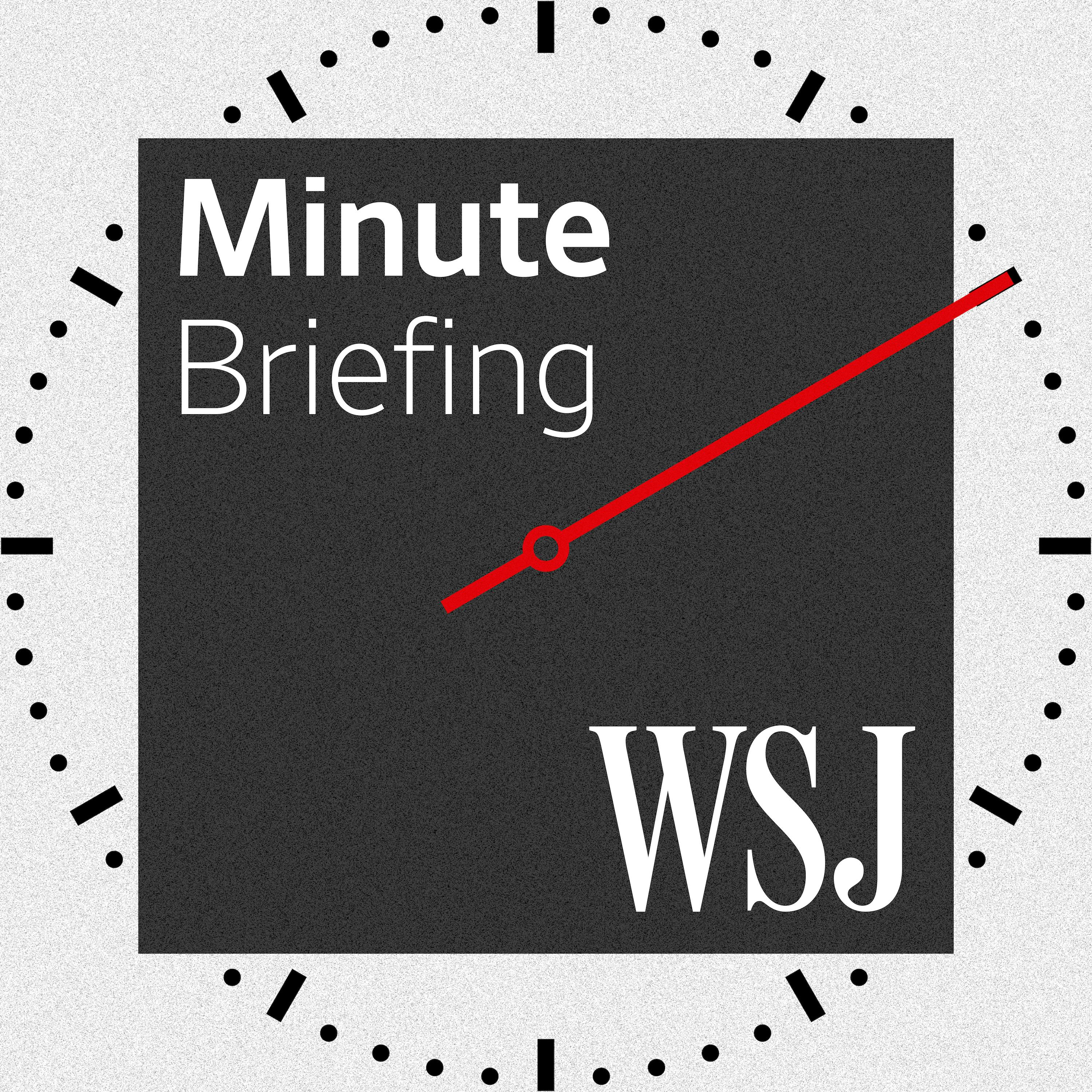
U.S. Hiring Slowed in May Amid Tariff Uncertainty

WSJ Minute Briefing
Deep Dive
Shownotes Transcript
You can Venmo this, or you can Venmo that. Venmo this, or you can Venmo that.
The Venmo MasterCard is issued by the Bancorp Bank, and a pursuant to license by MasterCard International Incorporated card may be used everywhere MasterCard is accepted. Venmo purchase restrictions apply. Here's your midday brief for Friday, June 6th. I'm Zoe Kolkin for The Wall Street Journal.
The U.S. added 139,000 jobs in May, the Labor Department reported today. The figure was above economists' expectations, but the slower growth serves as a sign employers remained cautious amid all of the tariff uncertainty. The employment rate, which is based on a separate survey from the jobs figures, remained at 4.2 percent. Federal government employment shrank by 22,000 jobs, the fourth consecutive month of such declines.
Industrial production in the Eurozone's two largest economies has declined in the first month of President Trump's global tariff blitz. German and French industrial output both contracted 1.4 percent in April, a sign that an economic slowdown is underway after a start to the year that was even stronger than first estimated. Trade data published today showed goods exports to the U.S. from Germany sank 10.5 percent as companies adapted to the new trade reality.
And Switzerland has proposed some of the strictest capital rules in the world on banking giant UBS in an attempt to prevent another Credit Suisse-style meltdown, protect taxpayers, and restore the country's reputation as a haven for rich people. The proposal would require UBS to hold around $26 billion in additional equity capital and reduce its reliance on hybrid bonds that can convert to equity. UBS has openly opposed this proposal, and today's reforms are a blow to their arguments.
The government said the main measures could take six to eight years to fully take effect. We'll have more coverage of the day's news on the WSJ's What's News podcast. You can add it to your playlist on your smart speaker or listen and subscribe wherever you get your podcasts.